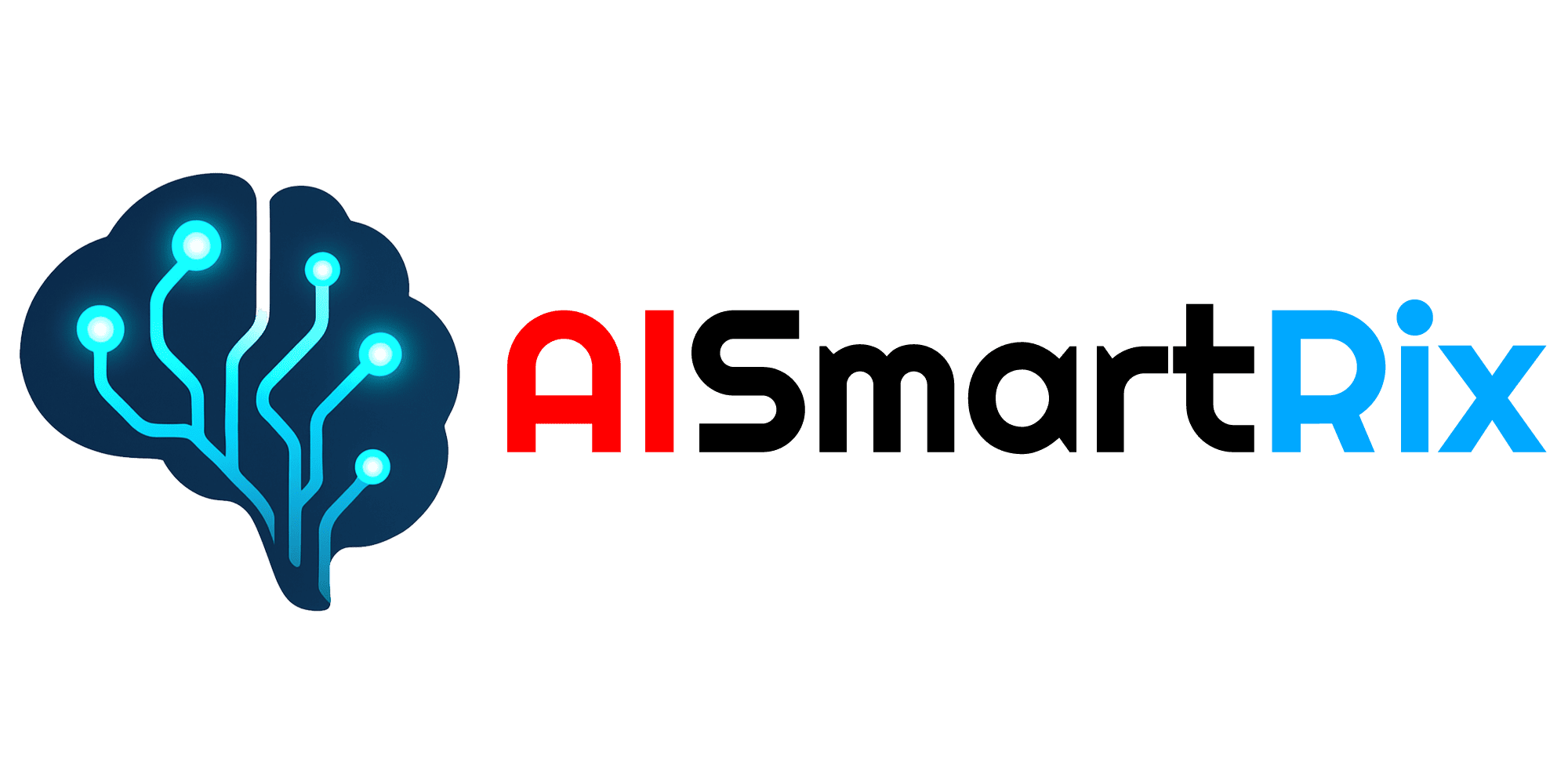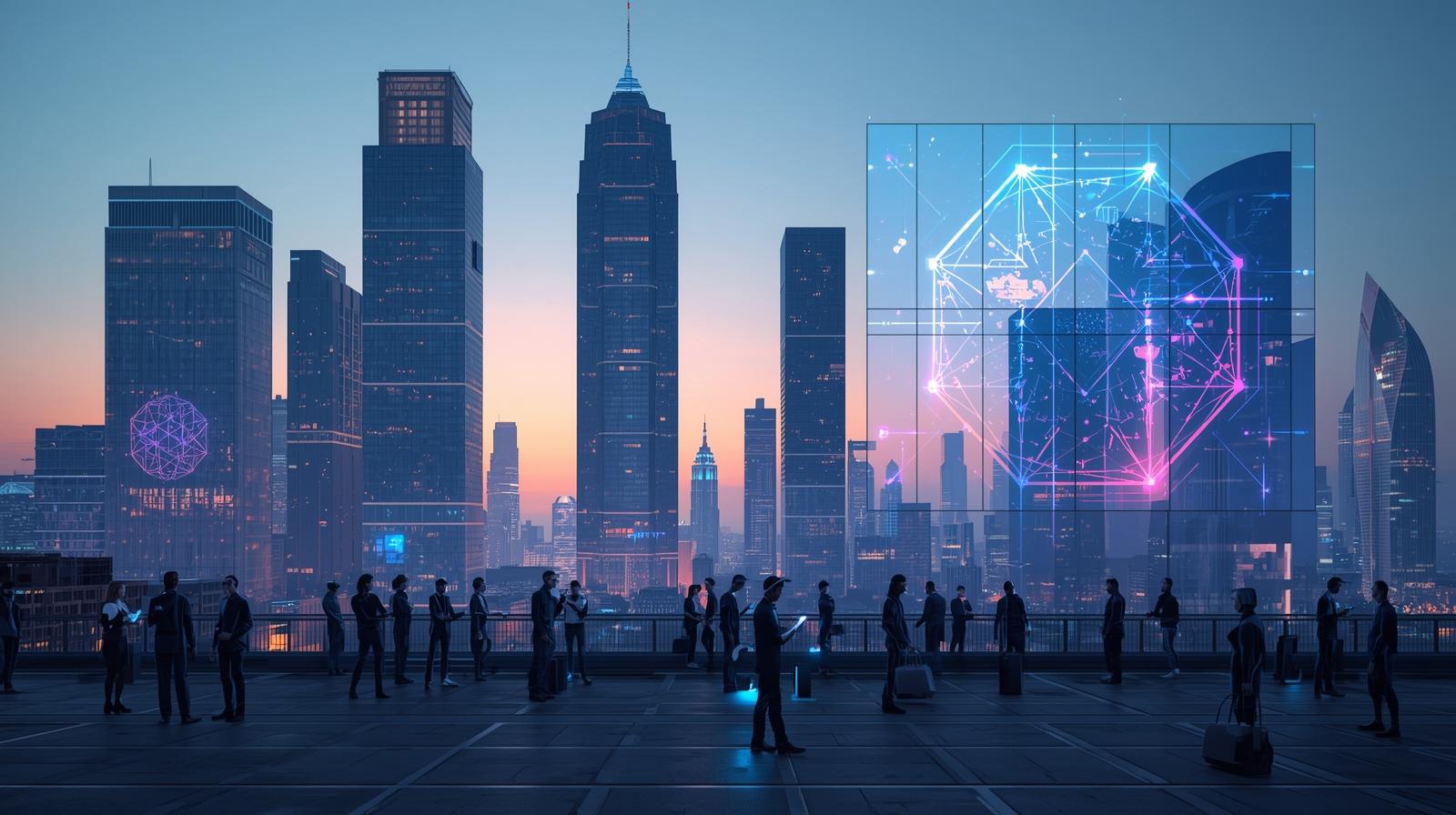Is the AI Boom Cooling? The Reality Check We Need
For the past three years, Artificial Intelligence (AI) has dominated global headlines. From ChatGPT writing essays to AI-powered robots assisting in factories, it felt like a gold rush—a new digital revolution promising to change everything. Investors poured billions into startups, corporations scrambled to integrate AI, and everyday users marveled at the technology’s power.
But now, in 2025, a growing question is surfacing: Is the AI boom starting to cool down? Or is it simply entering a new, more realistic phase of growth?
The Rise of the AI Hype
The AI boom began with breakthroughs in large language models (LLMs) and generative AI tools. These systems could:
- Write code in seconds.
- Generate artwork indistinguishable from human creations.
- Analyze massive datasets for business insights.
- Hold realistic conversations with users.
Companies branded themselves as “AI-first,” and valuations of AI startups skyrocketed. Venture capitalists treated AI as the next internet, the next smartphone, the next big thing.
But as with every technological wave—from the dot-com bubble to the crypto boom—reality eventually catches up with hype.
Signs the AI Boom May Be Cooling
1. Slowing Investment Growth
In the early phase, venture capital flowed like water into AI startups. But recent reports show VC funding has started to slow. Investors are becoming cautious, demanding real revenue models rather than promises of “AI disruption.”
2. Market Saturation
The sheer number of AI startups offering nearly identical services—AI writing assistants, AI chatbots, AI marketing tools—has led to a crowded and competitive market. Many of these companies struggle to stand out.
3. Rising Operational Costs
Training large AI models costs millions of dollars in compute power, cloud storage, and energy. For smaller players, staying competitive against tech giants like Google, Microsoft, and OpenAI is increasingly difficult.
4. User Fatigue
While the public was initially fascinated by AI’s capabilities, many now express frustration with hallucinations, inaccuracies, and biases in AI systems. People are asking: Can we really trust AI with important decisions?
5. Regulatory Pressure
Governments worldwide are moving to regulate AI. The EU AI Act, U.S. policy frameworks, and Asian regulations are creating uncertainty for developers and investors. Compliance costs may slow down innovation.
Why This Isn’t the End of AI
Cooling hype doesn’t mean the technology is dead—it means it’s maturing. This phase can actually be healthy for the industry:
- Stronger Companies Survive: Just like after the dot-com crash, the AI companies that deliver real value will emerge stronger.
- Better Products: Competition and skepticism force companies to refine products, improve accuracy, and reduce harmful biases.
- Sustainable Growth: Instead of explosive hype, AI may evolve into a steady, long-term part of every sector—from healthcare to education.
- Integration Everywhere: AI won’t disappear—it will simply fade into the background of our daily tools, like electricity or Wi-Fi.
The Reality Check We Need
The narrative of AI as an unstoppable force replacing humans overnight was always unrealistic. The reality check we now face is this:
- AI is powerful, but not infallible.
- AI will transform industries, but it won’t solve every problem.
- AI requires governance, ethics, and responsibility—not just innovation.
This recalibration is not the end of the AI story—it’s the beginning of a more grounded one.
What Comes Next?
Looking forward, we can expect:
- Hybrid Intelligence: AI tools complementing, not replacing, human expertise.
- Niche Applications: Instead of broad “do everything” AIs, specialized AI systems designed for medicine, law, climate research, and mobility will thrive.
- Energy Efficiency: Research will shift toward smaller, more efficient AI models that reduce costs and environmental impact.
- Ethical AI Leadership: Nations and companies will compete not just on power, but on trust—who can build AI that people actually want to use responsibly.
Why This Matters to Everyone
Whether you’re a developer, investor, policymaker, or casual user, the AI boom cooling is an important moment. It means separating hype from reality, focusing on impact over buzzwords, and shaping a future where AI is not just impressive, but truly beneficial.
Final Thought
The AI revolution isn’t ending—it’s evolving. What we are witnessing is not a collapse, but a rebalancing of expectations. AI won’t solve everything overnight, but it will continue to reshape how we live, work, and think.
Now the real question is:
👉 Do you think the cooling of AI hype will lead to a more trustworthy, useful technology—or are we at risk of losing momentum in one of the most important innovations of our time?





